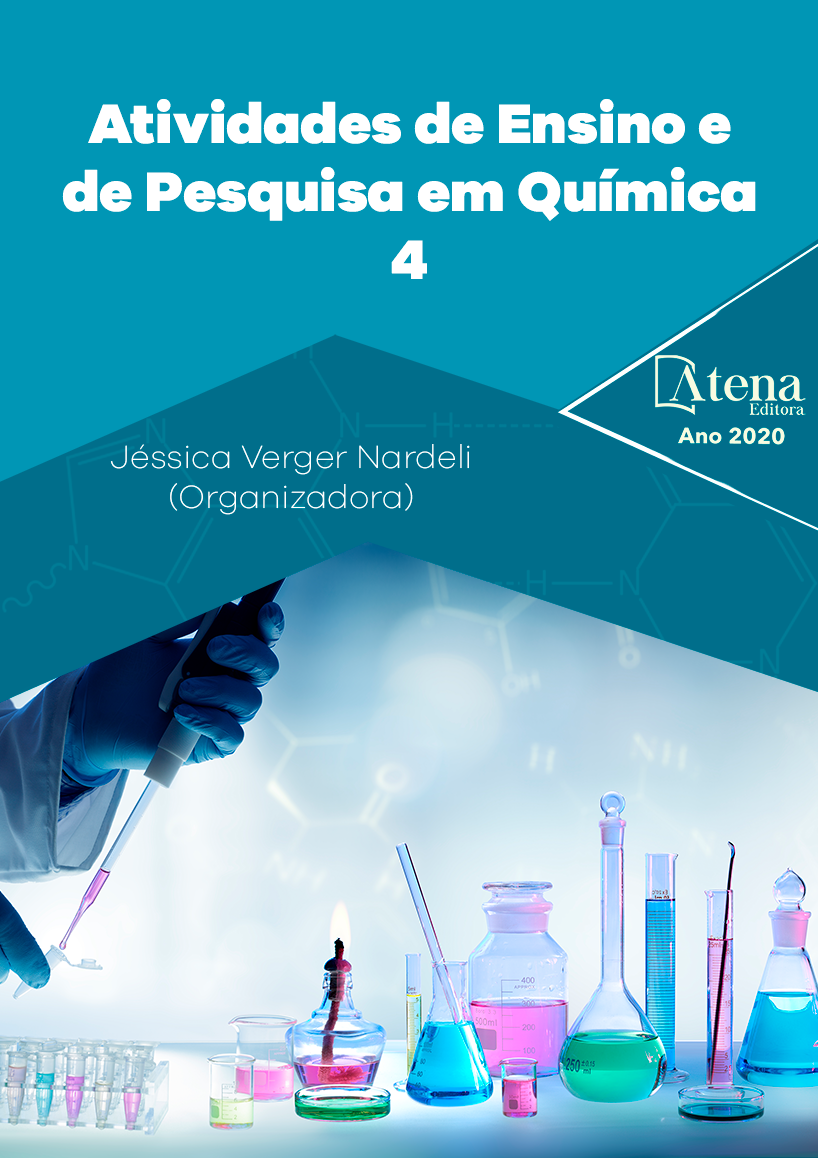
POSSIBILIDADES DE ADAPTAÇÃO CURRICULAR NO ENSINO DE CIÊNCIAS PARA ALUNOS COM DEFICIÊNCIA INTELECTUAL
A Síndrome de Down (SD) é uma condição genética que envolve déficits cognitivos. A deficiência intelectual ao longo da história tem sido acompanhada por preconceitos e paradigmas. A deficiência não está no indivíduo e sim na relação entre seus impedimentos de longo prazo e as barreiras existentes no ambiente. A educação inclusiva engloba o direito do indivíduo de estar na escola e também garantia da acessibilidade, ou seja, à eliminação dos obstáculos que impedem a plena participação dos estudantes. A educação científica é fundamental para que qualquer indivíduo possa realizar a leitura do mundo que o cerca e atuar como cidadão consciente e responsável em relação ao meio ambiente e sociedade. Em 2018, foi organizada uma oficina de ciências com princípios inclusivos pelo Centro de Ensino Integrado de Química (CEIQ), oferecida para 15 estudantes do Ensino Fundamental II, sendo 7 participantes com síndrome de Down. Foram realizados 5 encontros com duração de 3 horas. Neste artigo, pretende-se compartilhar qual a lógica usada na organização da oficina e ainda analisar as adaptações curriculares adotadas para o ensino de ciências, a partir de informações sobre currículo voltado à criança com SD, segundo o Movimento Down. Embora o nível da abordagem dos assuntos com o aluno SD possa ser diferente dos seus colegas, não significa que o assunto, tema ou objetivo deva ser diferente. Concluímos que adaptar o currículo para criança com SD e não cair na banalização, por ser muito fácil e demonstrar não acreditar no potencial do aluno, é um grande desafio para o professor. As adaptações se concentram nas limitações ou deficiências do aluno? As adaptações e atividades propostas possam beneficiar todos os alunos, não apenas os com SD.
POSSIBILIDADES DE ADAPTAÇÃO CURRICULAR NO ENSINO DE CIÊNCIAS PARA ALUNOS COM DEFICIÊNCIA INTELECTUAL
-
DOI: 10.22533/at.ed.11420220612
-
Palavras-chave: inclusão; educação; currículo
-
Keywords: inclusive; education; curriculum
-
Abstract:
Down Syndrome (DS) is a genetical disorder which involves cognitive deficits. Throughout history, intellectual disability has been accompanied by prejudices and paradigms. The disability is not in the individuals, but it depends on the relationships and barriers that exist around it. Inclusive education involve the individual can be in the school and also the guarantee of accessibility. In other words, there is the need to eliminate the obstacles that prevent the full participation of the students in the learning process. Scientific education is fundamental to allow all individuals, to understand the world that surrounds them and act as conscious and responsible citizens toward the environment and society. In 2018, a Science workshop with inclusive principles was organized by the Chemistry Integrated Teaching Center (CEIQ, in Portuguese). It was offered to 15 students of elementary school. Among them, 7 students have DS. There were 5 meetings with the duration of 3 hours each. The objective of this article is to share the logic used in the organization of the workshop and also to analyze how curricular adaptations according to information available through the Down Movement. Although the level of approach to subjects with the DS student may be different from that of his colleagues, it does not mean that the subject, theme should be different. We conclude that to adapt the academic curriculum to children with DS without falling in the trivialization of making the subjects too easy, and also to avoid demonstrating not believing in the students´ potential are great challenges to the teachers. Are the adaptations concentrated on the limitations or disabilities of the students? The great merit of this work was to specify with practical examples how the teaching of science content could be adapted to benefit all students, including those with DS.
-
Número de páginas: 14
- Maria Vitoria Guidorzi
- Douglas da Hora Oliveira
- Joana de Jesus de Andrade
- Daniela Gonçalves de Abreu Favacho
- Heloísa Canato Affonso


